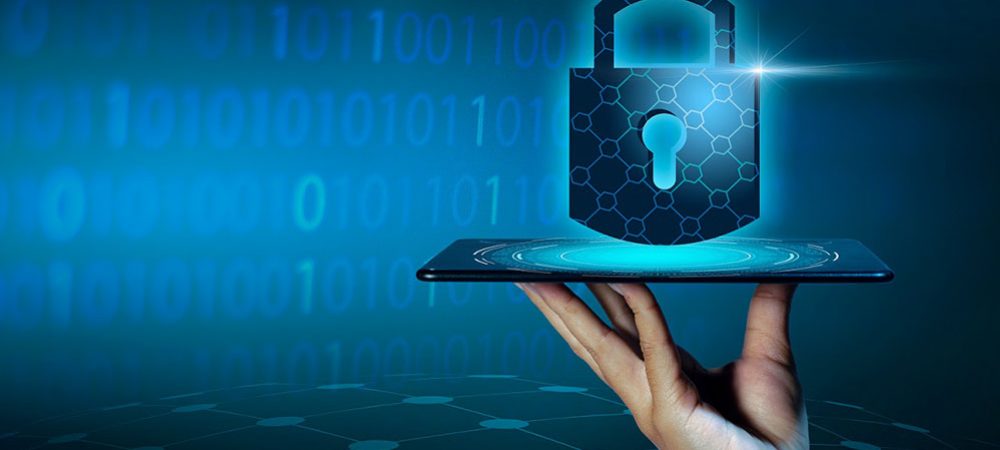Guilherme Araújo, Director of Services at Blockbit, a global manufacturer of cybersecurity solutions, highlights the challenges of drawing strategies for protecting customer data from telecommunication operators.
In times of social distancing and mobility restrictions, it is the Internet and technology that are helping to move and ensure the survival of many companies around the world. But what can be an opportunity for some, represents new challenges for others. For example: for telecommunication operators, the digital and hyperconnection era has marked the acceleration of a true paradigm break.
After all, connecting people and companies is no longer enough. Now, it is necessary to offer a complete experience in every way – which also includes new demands regarding information security.
This means that cybersecurity has become an even broader and more complex issue on the agenda of operators, with a level change. Instead of thinking only of strategies that can protect their operations, these companies now need to think, equally, of ways to also optimize the protection of customers. This reality requires the adoption of a series of changes, with broadened services.
We are experiencing a moment of change for telecom operators, and not only because of the impacts generated by the dissemination of COVID-19. There is a race for data protection and we have to rely on that.
The changes happen because of the Brazilian General Data Protection Law (Lei Geral de Proteção de Dados, LGPD in Portuguese), which forced companies from all sectors – including telecommunications – to create their personal data protection policies. Then, due to the new determination of the Brazilian National Telecommunications Agency (Anatel), which decided to anticipate and launch, at the beginning of this year, its own Regulation of Cybersecurity applied to the telecommunication sector.
Operated by a technical group, with superintendence status, the regulation applies to operators and suppliers of safety equipment that integrate this intense ecosystem. In practical terms, this means that we will have new rules to monitor and guarantee the levels of quality in the provision of telecommunication services, avoiding data leakages or events that expose people or companies.
Immediately, it is possible that many suppliers may see these initiatives and rules as a threat or complicating factor. However, I invite you to look at it as an opportunity to show the quality of your solutions. In times of high competition, placing consumers at the center of activities is imperative, and offering high-level solutions, with updates that help keep our customers’ networks more secure, is certainly a requirement which we all have the role of meeting – and with it the chance to stand out.
Today, and more than ever, the consumer is the center of attention. For this reason, offering services that deliver the best user experience can no longer be seen only as a differentiator. On the contrary, ensuring maximum performance is a vital issue for maintaining competitiveness in the market. And that, effectively, needs to include security.
The challenges are great, but the good news is that even the dynamic scenario we face has not taken our breath away from the development and improvement of new solutions. Threats, whether epidemic, regulatory or of a marketing nature, need to be transformed into learning and serve as a catalyst for new opportunities.
For Telecom operators, the scenario also brings these opportunities and challenges, including a new responsibility: to define with whom they will make their future partnerships. Will the commitment to regulatory standards dictate the rule of this market? That seems to be the only way. And the way in which telecom operators will differentiate themselves in the market will include this maturity in the area of cybersecurity.
The pandemic made us apprehensive and placed protection (physical and virtual) as an inherent factor in our decisions. No one will accept to buy a service that neglects cybersecurity. Therefore, offering news and protecting customers is at the heart of consumer expectations today. Not to mention, of course, the possibility of mitigating problems, avoiding punishment and reinforcing the credibility of their own organizations before the market. Cybersecurity will become something more and more fundamental for having good and safe digital experiences.


